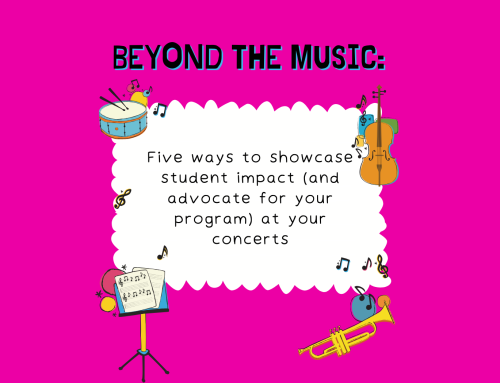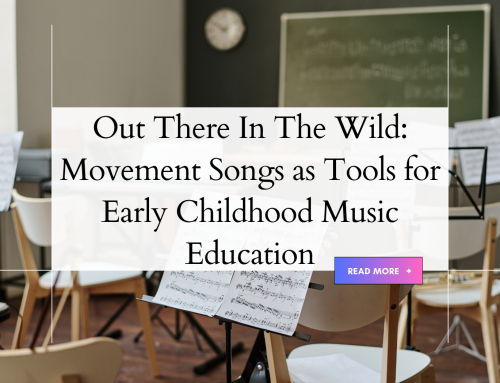
The struggle is real.
School is just around the corner, your classroom is taking shape, and you are in the throes of planning for the new school year and all of its possibilities. In addition to endless to-do lists, you most likely will be required to attend a few professional development sessions and staff meetings. When you are short on time with a long list of things to do, and you find yourself in a meeting that appears to have no relevance to you, you might find yourself a bit frustrated—especially knowing that the students will arrive in a few short days and you are confined to a meeting! And so there you sit, listening to the bits of school business drone on. The latest and greatest in math research is discussed as you mentally float away, listing in your mind what you still need to accomplish before the students arrive. Sound familiar? Well, if so, you can change the trajectory of your thoughts to create a positive shift.
When you find yourself in that required meeting: stop, listen, and be present to the people and needs around you. Regardless of the content, staff meetings can be a bonding moment and help us connect to our peers
This year, take a different and intentional approach to engage in these moments. When you find yourself in that required meeting: stop, listen, and be present to the people and needs around you. Regardless of the content, staff meetings can be a bonding moment and help us connect to our peers, while solidifying the school’s or school district’s culture. At the beginning of the year, these meetings can be the springboard to a positive culture and set the tone for professional connections. How we choose to be a part of this is seen by everyone; through every action, facial expression, and word, and we can choose to be the positive and engaged participant. If you find yourself in a required meeting outside of your subject matter, find the enduring understanding, dig for the how and why of the content, and see if you can apply this to music or any other aspect of your classes. Seek the larger connections, just as we ask our students to find these, and be thankful for the broader experience, increased knowledge, and new perspective. Just as we expect the best from our students, we can give and be our best in our own professional learning communities. We can be the model of educational and professional excellence for ourselves and our peers.
Look around the room and take in those fantastic individuals that collectively make the school tick.
When your mind starts to wander, intentionally pull yourself back to the meeting and listen to the content being shared. Find the positive in what the administration is trying to share and create and hold on to what is possible. Look around the room and take in those fantastic individuals that collectively make the school tick; your peers that help raise and guide your students to their lifelong learning goals and help shape and mold each individual. Take note of those teachers who are your current or yet-to-be colleagues and friends. Who drop everything they’re doing to help you when you’re overwhelmed. Who might run an errand for you, or even bring you coffee. If you can’t see those people yet, then I encourage YOU to be that person. Introduce yourself to the newest teacher on staff, drop secret notes of encouragement, buy the next cookie in the cafeteria for the person behind you, write a thank you note, and create the culture, climate, and learning environment that you want. Start your year off with the possibility of the greatest and best school year, ever. When you model educational excellence, you live without regrets and support a positive learning environment for all, and your students become the benefactors.




Leave A Comment